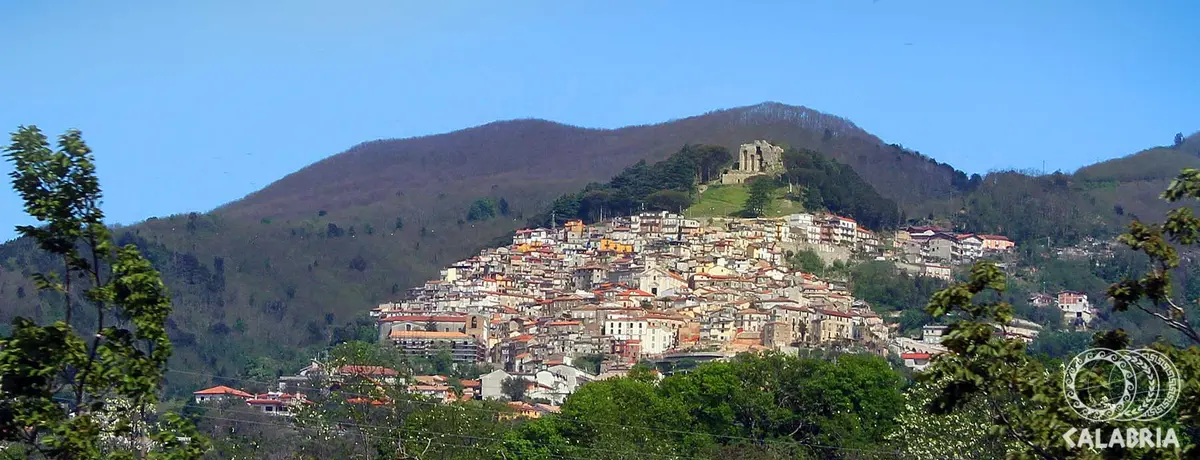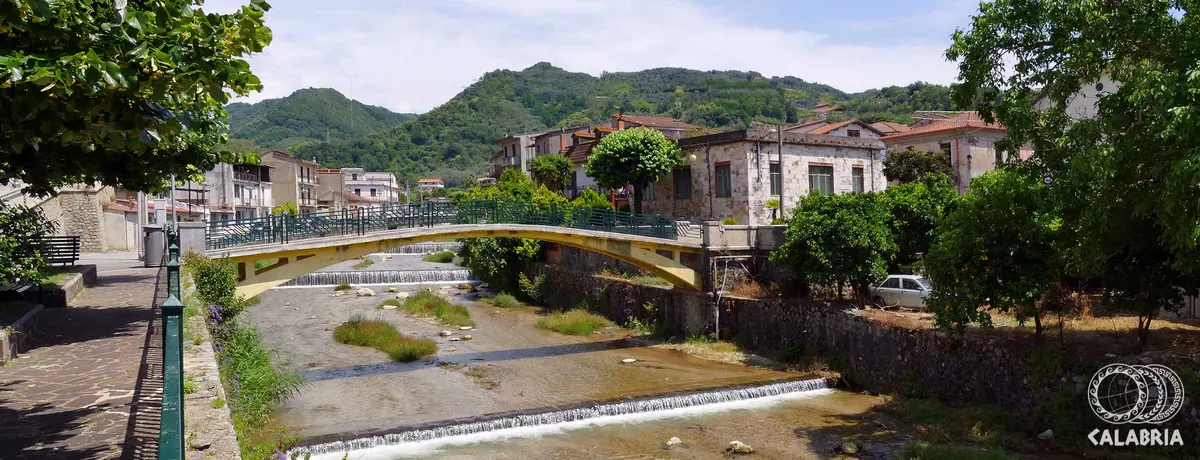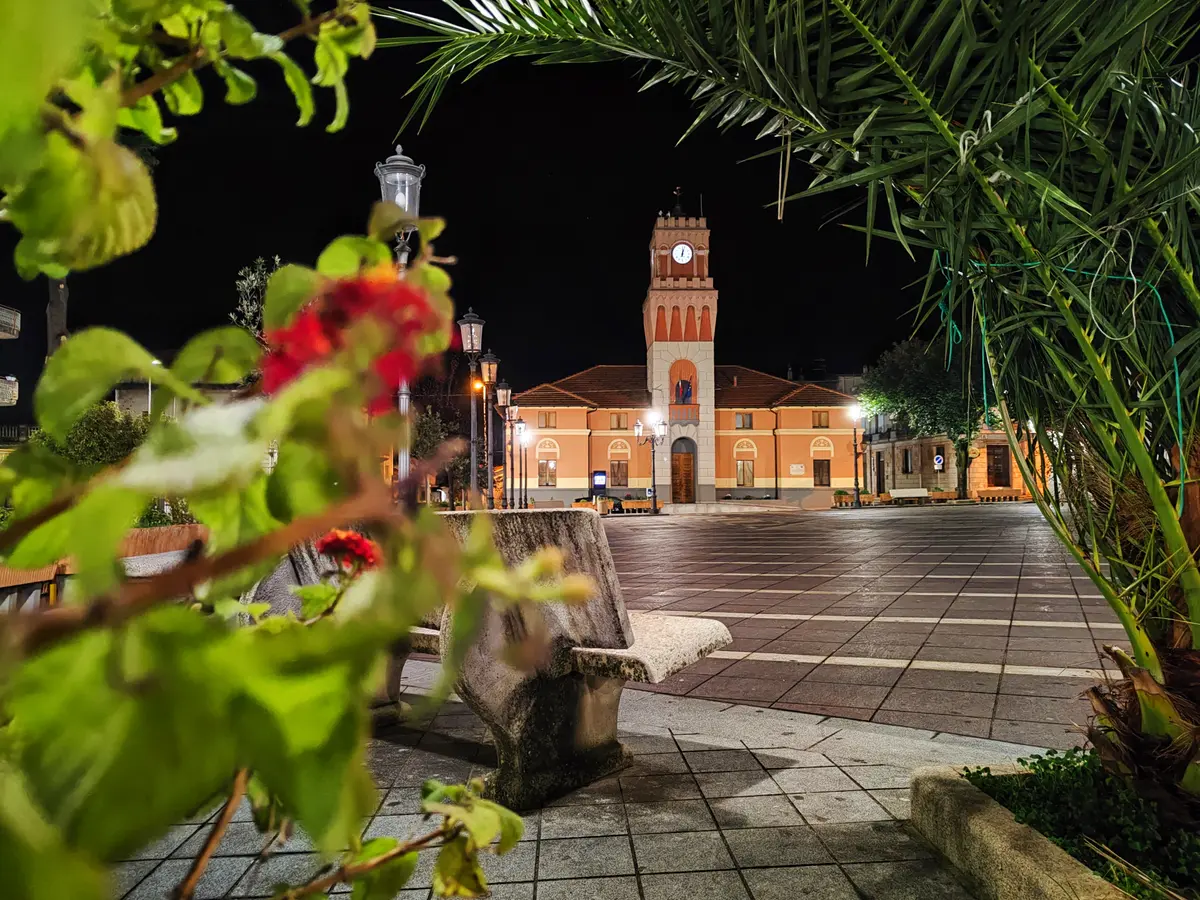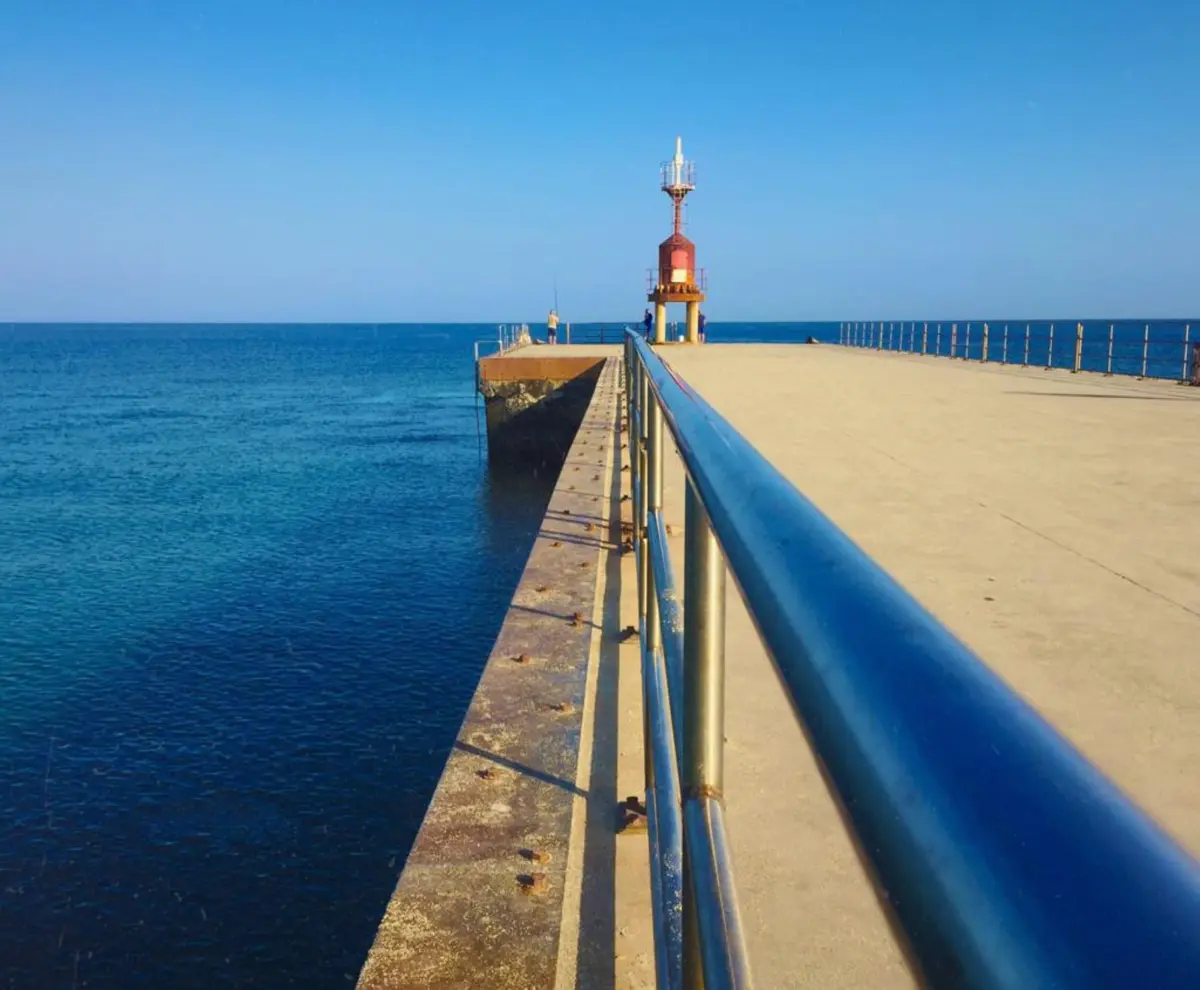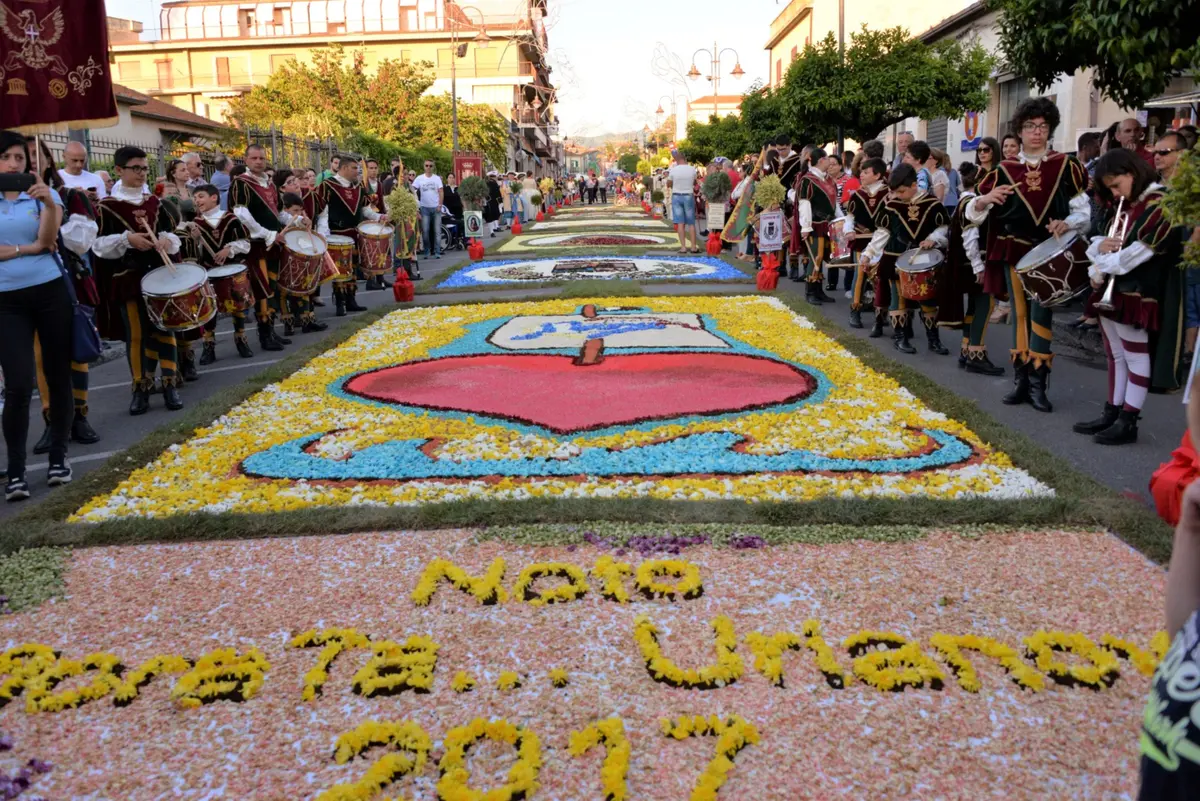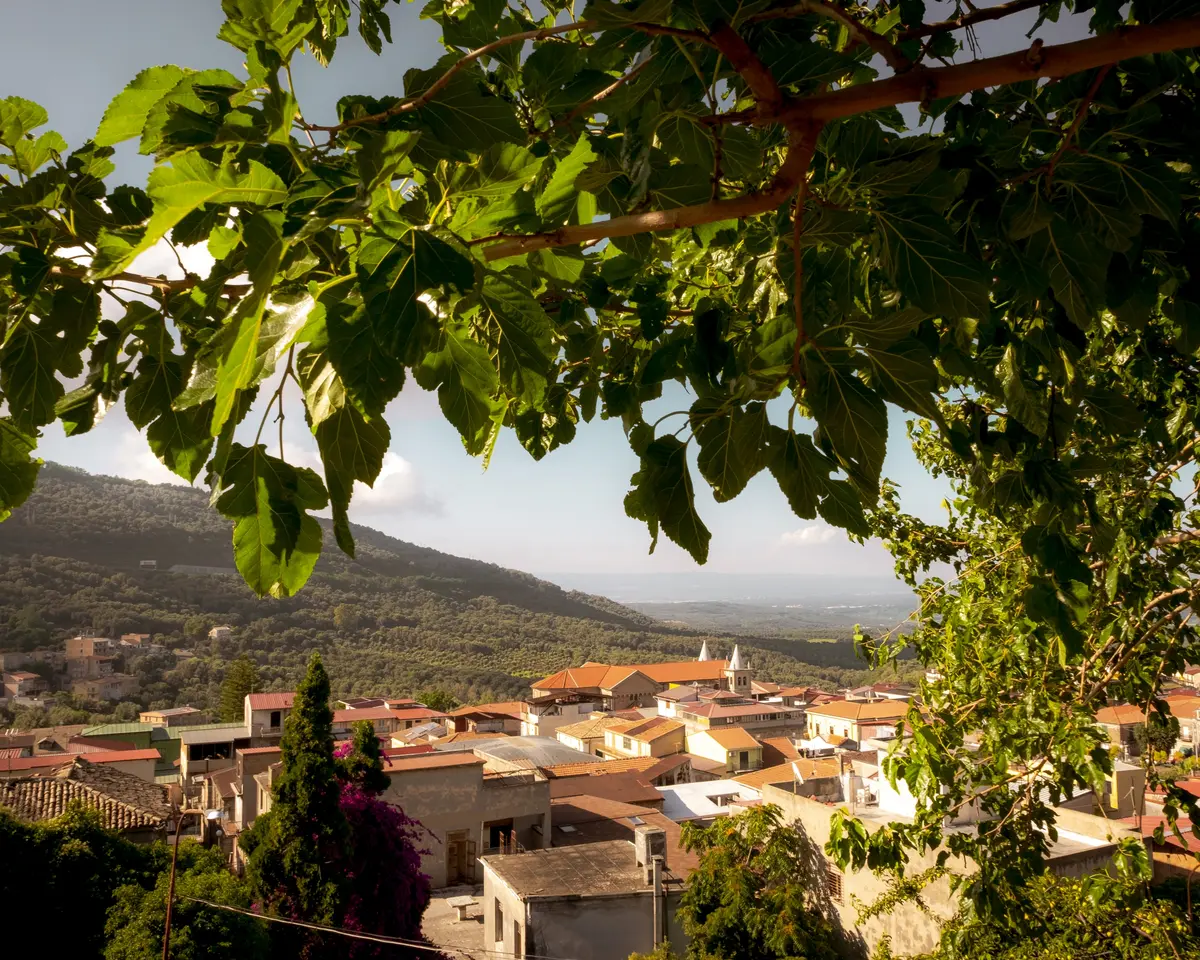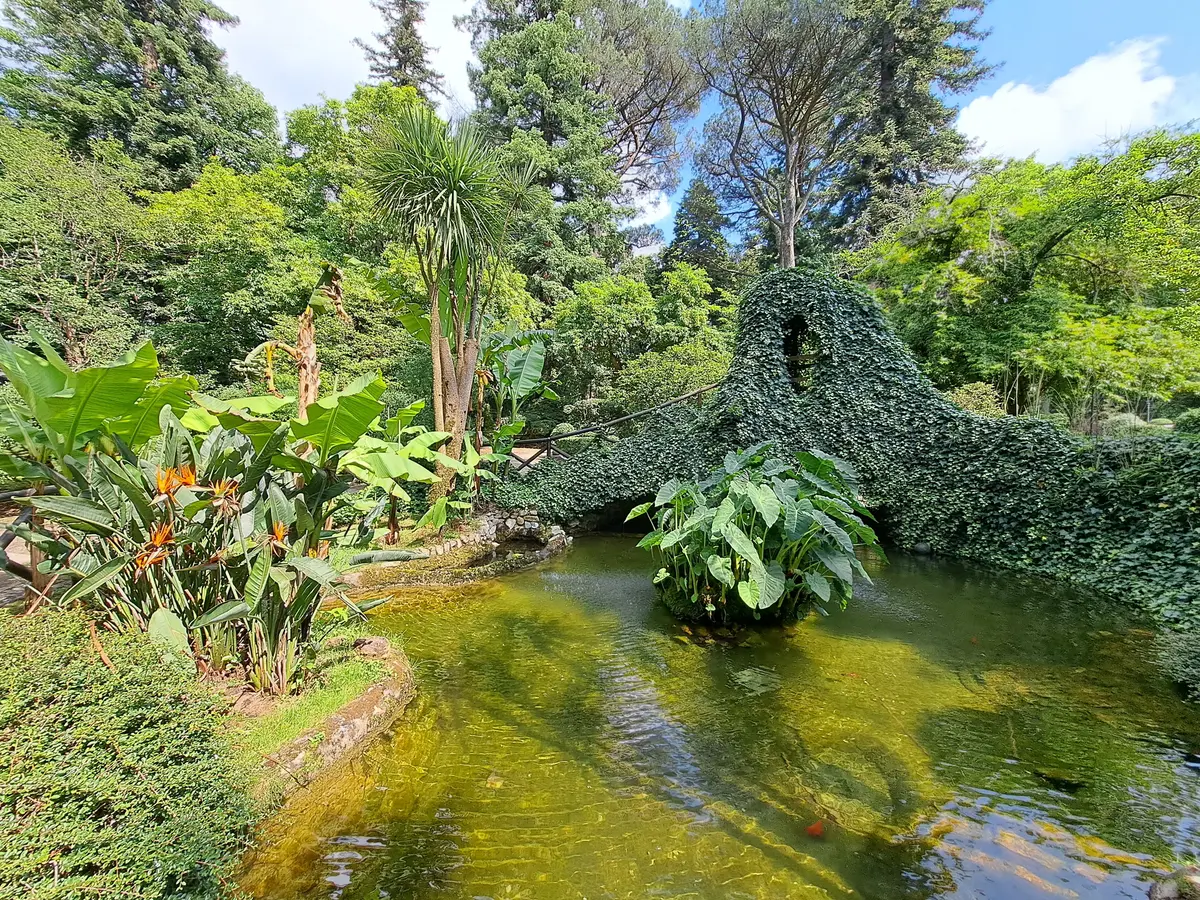Polistena
A journey through art, traditions and culture in the Gioia Tauro Plain
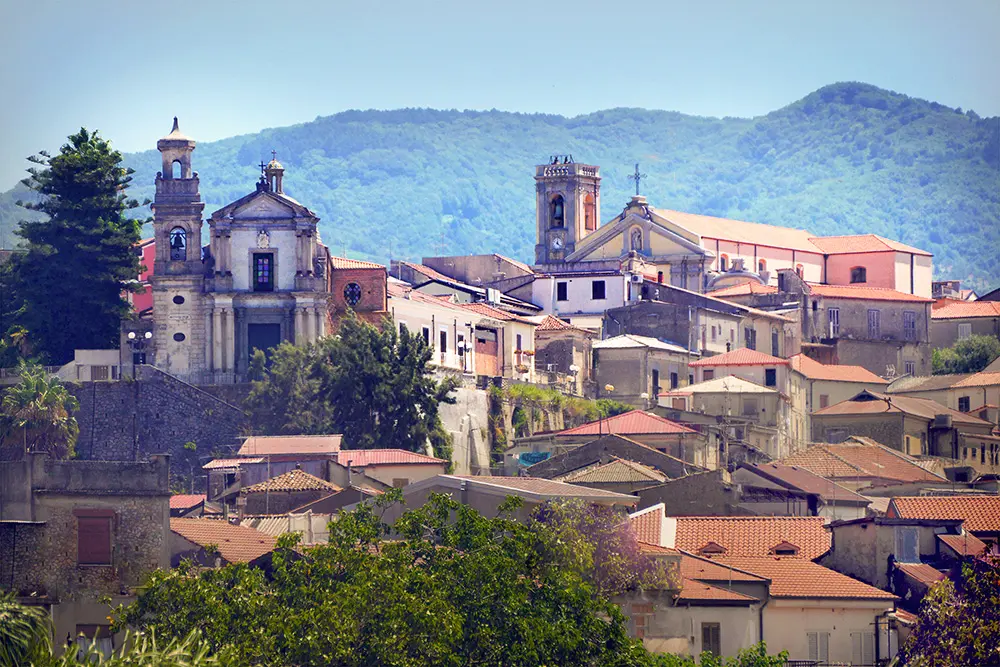
Town
Overlooking the Gioia Tauro Plain in the province of Reggio Calabria, Polistena boasts an 18th-century historic centre and a series of folkloric traditions that are not to be missed!
One of the most active cultural centres in the Plain, Polistena offers the works of art in its churches and an important and long theatre season at the Municipal Auditorium.
Those who wish to learn about the ancient history of Polistena can visit the Civic Museum and the Municipal Library, the two main spaces that display and recount distant testimonies: from archaeological finds from the protohistoric era (including grave goods) to artefacts and relics from the historical era, first and foremost the Pianoforte di Riolo, a unique model of grand piano built in 1867 by Angelo Riolo, a cabinetmaker from Polistena and the only piano maker in Calabria.
The historic centre of Polistena preserves buildings of great value dating back to the 18th century, including the three-nave Mother Church, which houses a splendid 16th-century marble altarpiece depicting the Deposition of Christ; the Church of the Holy Trinity boasts two rows of granite columns, a beautiful portal and a characteristic dome covered with majolica tiles; finally, the Church of the Holy Rosary, dating back to the mid-19th century, with neoclassical stuccoes and high reliefs by Morani.
What should you not miss in Polistena? The celebrations in honour of the patron saint, St. Marina, on 17 July; the ancient rites of Holy Week, in particular the performance of the “Seven Words” by Michele Valensise, a 19th-century musician, and the traditional Affruntàta; the unmissable Night of the Giants, which takes place in July and features the typical Calabrian ritual dance between the legendary pair of Giants, Mata and Grifone.
Useful information
What to know about Polistena
Events
There are 2 events scheduled.
Where to Sleep
There are 11 available accommodations.
Places
There are 1 places to visit.
Infopoint Polistena
Polistena
No result
